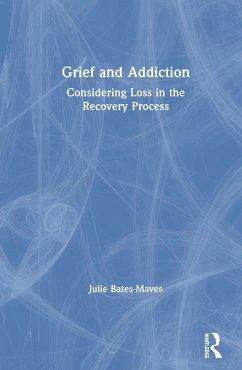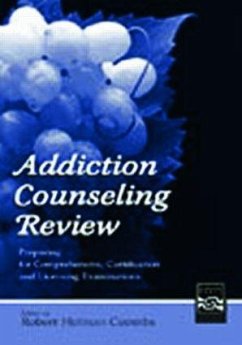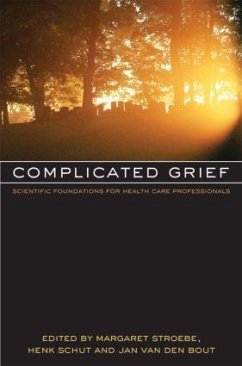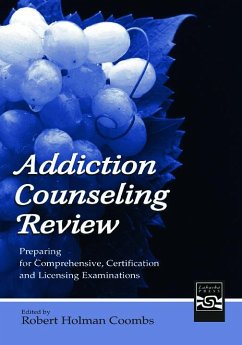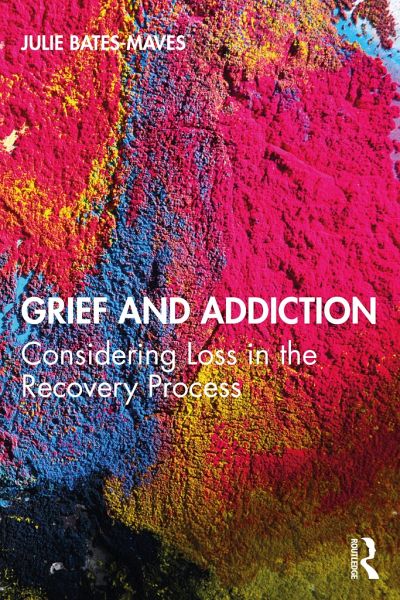
Grief and Addiction
Considering Loss in the Recovery Process
Versandkostenfrei!
Versandfertig in 1-2 Wochen
45,99 €
inkl. MwSt.
Weitere Ausgaben:

PAYBACK Punkte
23 °P sammeln!
Grief and Addiction illuminates the role of grief work in addiction counseling, encouraging counselors to be more comprehensive in their treatment and to increase empathy for what the treatment process is asking of clients. Acknowledging that entering recovery includes a loss of coping skills, and that it requires building a new identity, this book focuses on addiction-specific grief work. Grief and Addiction integrates concepts like complicated grief, nonfinite loss, trauma, family grief responses, and treatment suggestions in one place-all with a focus on the application to addiction work. F...
Grief and Addiction illuminates the role of grief work in addiction counseling, encouraging counselors to be more comprehensive in their treatment and to increase empathy for what the treatment process is asking of clients. Acknowledging that entering recovery includes a loss of coping skills, and that it requires building a new identity, this book focuses on addiction-specific grief work. Grief and Addiction integrates concepts like complicated grief, nonfinite loss, trauma, family grief responses, and treatment suggestions in one place-all with a focus on the application to addiction work. Featuring appendices with information and examples for clinicians, Grief and Addiction provides treatment strategies drawn from both the addiction and grief world for professionals and counselor educators.





